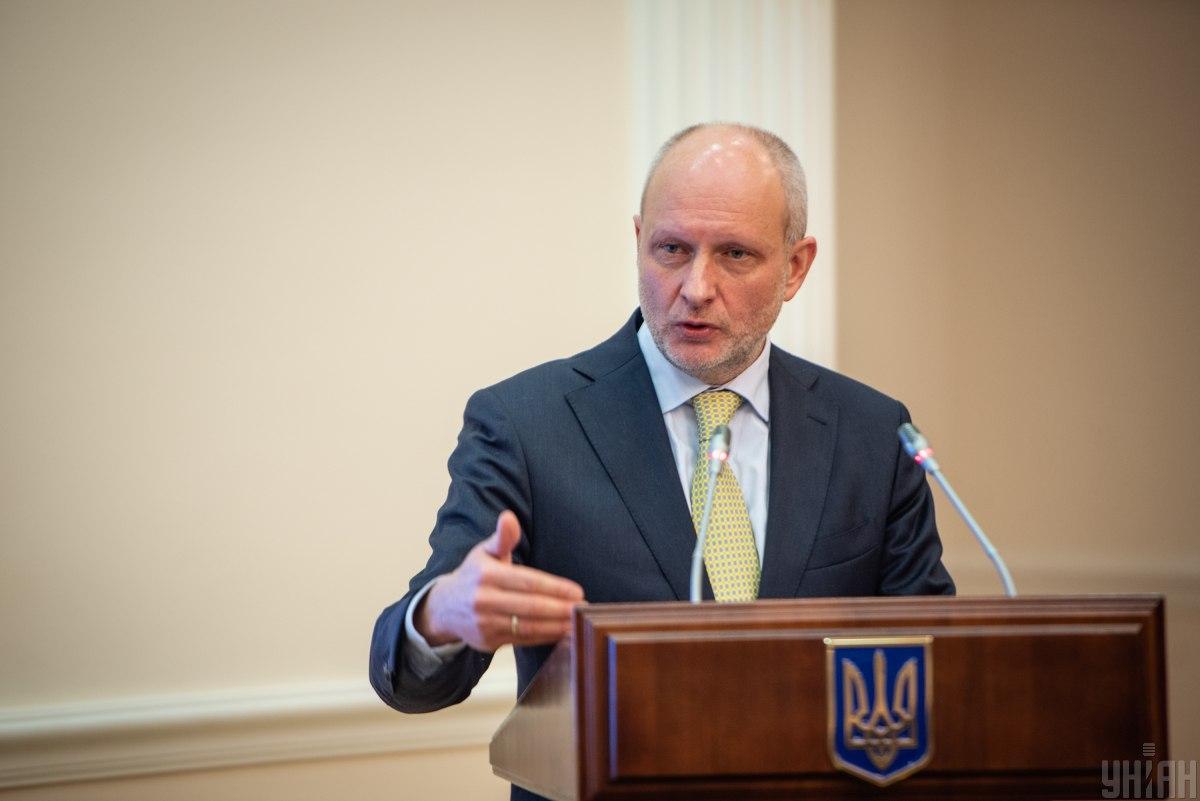
Ambassador of the European Union to Ukraine, Head of the EU Delegation to Ukraine Matti Maasikas says the financial assistance from the International Monetary Fund (IMF) and the European Union, as well as the visa-free regime for Ukrainians depend on the fight against corruption in the country.
He made the comment on Twitter, November 13, in response to an article in The Economist, entitled "Ukraine's constitutional court attacks anti-corruption laws."
"Ukraine's economic stability is bolstered by a US$5 bln loan from the IMF. It stands to get another EUR 1.2 bln in aid from the EU (as well as continuing to enjoy visa-free travel in it). Both organizations make their assistance conditional on fighting corruption," he said.
Constitutional Court row: Background
On September 16, the Constitutional Court ruled that certain provisions of the law on the National Anti-corruption Bureau of Ukraine (NABU) are at variance with the country's Constitution.
In particular, the provisions on empowering the President of Ukraine to form NABU, to appoint and dismiss its director, to appoint three persons to the commission for holding a competition for the position of the bureau's director, to appoint one member of the external control commission to conduct an independent assessment (audit) of NABU's effectiveness, its operational and institutional independence, and to approve the provisions on the Civil Oversight Council and the procedure for its formation were designated as unconstitutional.
Read alsoZelensky has rights to sack Constitutional Court – President's envoyOn July 28, the Constitutional Court declared a presidential decree dated April 16, 2015, on the appointment of Artem Sytnyk as NABU Director as unconstitutional. The decision was taken on a motion filed by 51 lawmakers. According to them, the then President Petro Poroshenko went beyond his constitutional powers and violated the ban on usurpation of state power. Also, the lawmakers argued that the decree contradicted the provisions of the Constitution, which contain an exhaustive list of the powers of the President of Ukraine.
On October 27, the Constitutional Court made a decision on a motion filed by 47 Members of Parliament, having repealed Article 366-1 of the Criminal Code, which provided for criminal liability for inaccurate declaration by government officials of their income.
On October 28, the National Agency on Corruption Prevention (NACP) shut down access to the State E-Declarations Register. Yet on October 29, the Ukrainian government obliged the NACP to restore such access.
NABU said that pursuant to the Constitutional Court's decision, all cases of inaccurate declaration of assets would be closed, and government officials convicted of abuse would thus evade liability.
President Volodymyr Zelensky tabled bill No. 4288 in parliament to terminate the powers of all CCU judges. The document states, in particular, that the decision of the Constitutional Court of October 27 is "null and void" (such that it does not create legal consequences) as such that was adopted by the CCU judges in conditions of a real conflict of interests."
Zelensky proposes the termination of the powers of the CCU judges from the date when the law becomes effective, suggesting that subjects authorized to appoint new judges should immediately begin the procedure for the competitive selection of the court's new members.
On November 3, the European Union called on Ukraine to resume e-declaration and proper work of anti-corruption bodies, that is the National Agency on Corruption Prevention and the National Anti-corruption Bureau of Ukraine until the deadline of December 16, set by the Constitutional Court.

